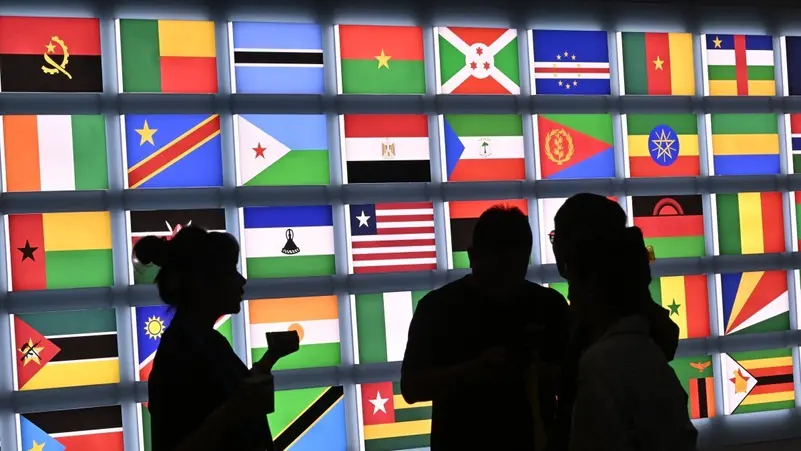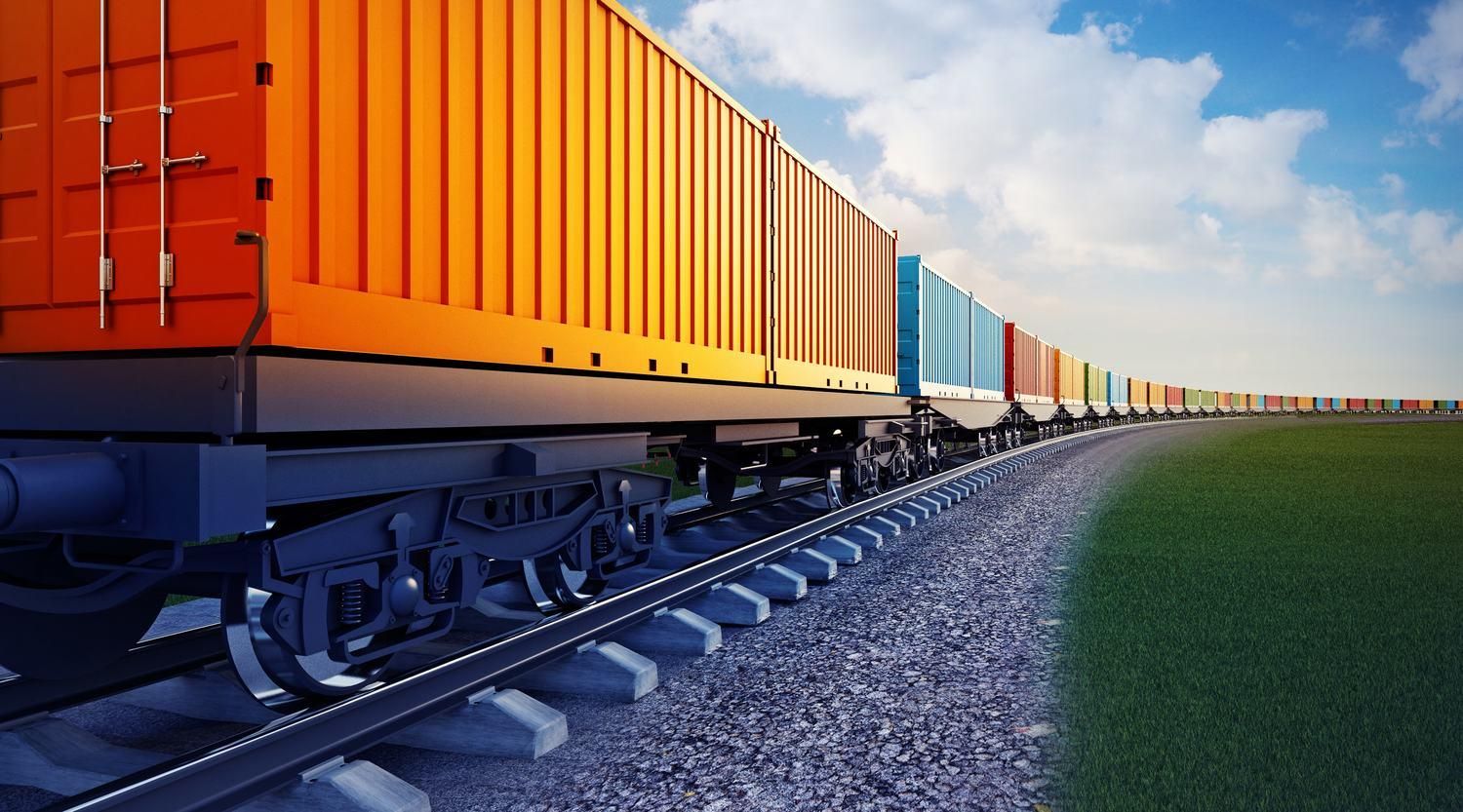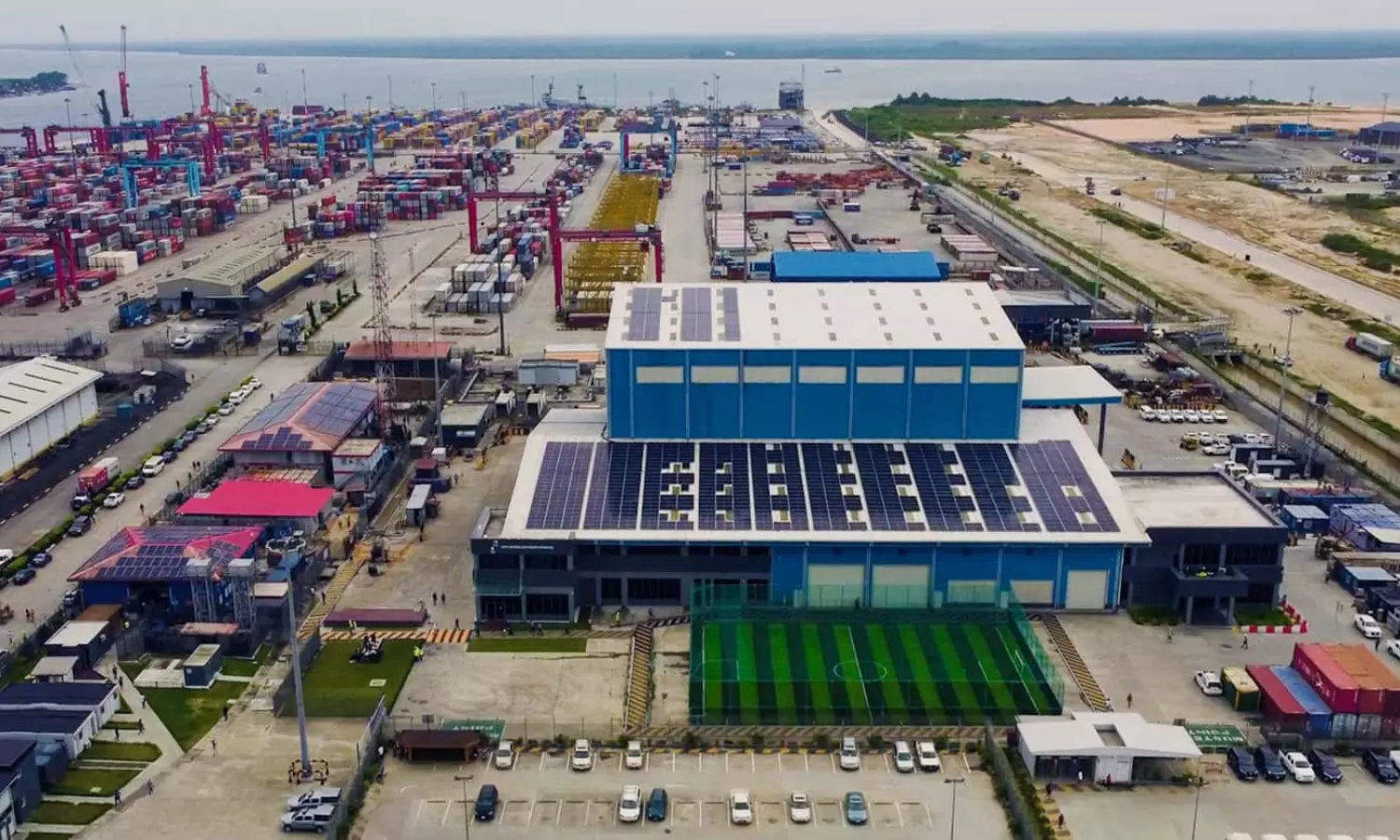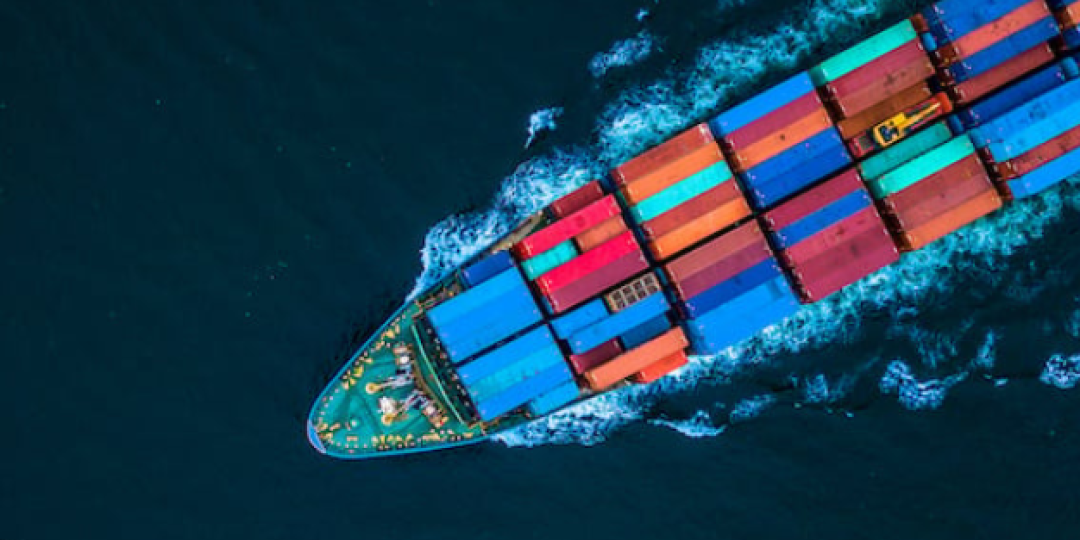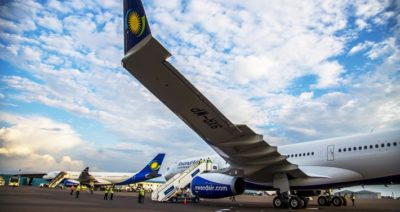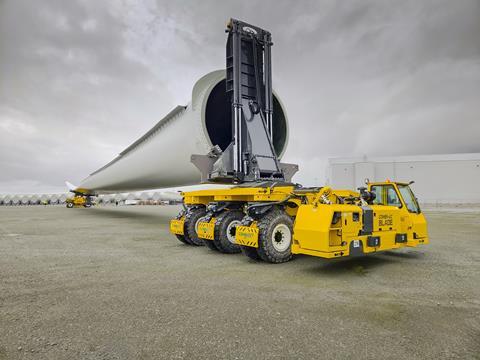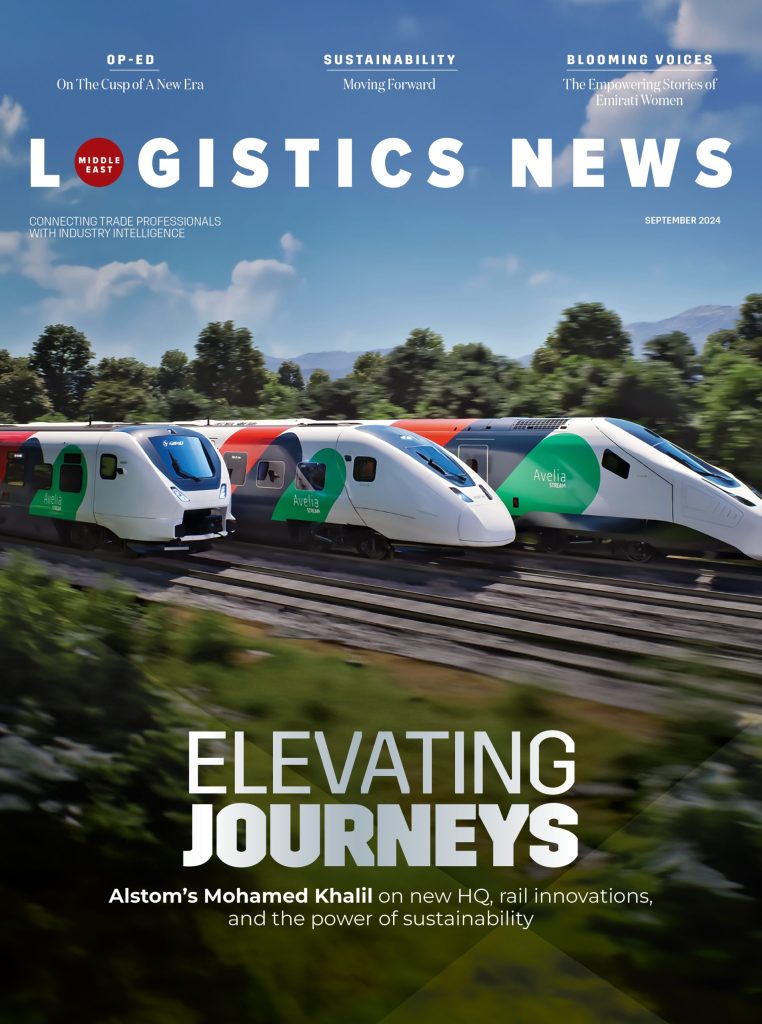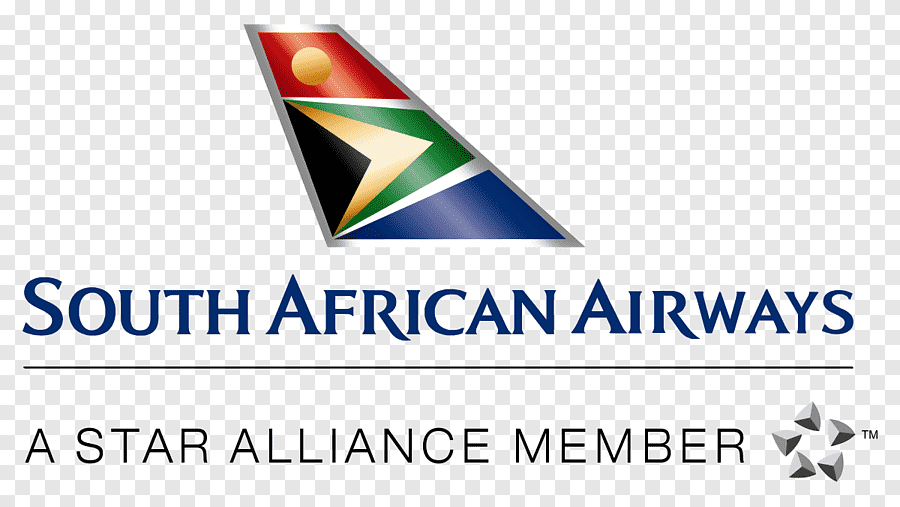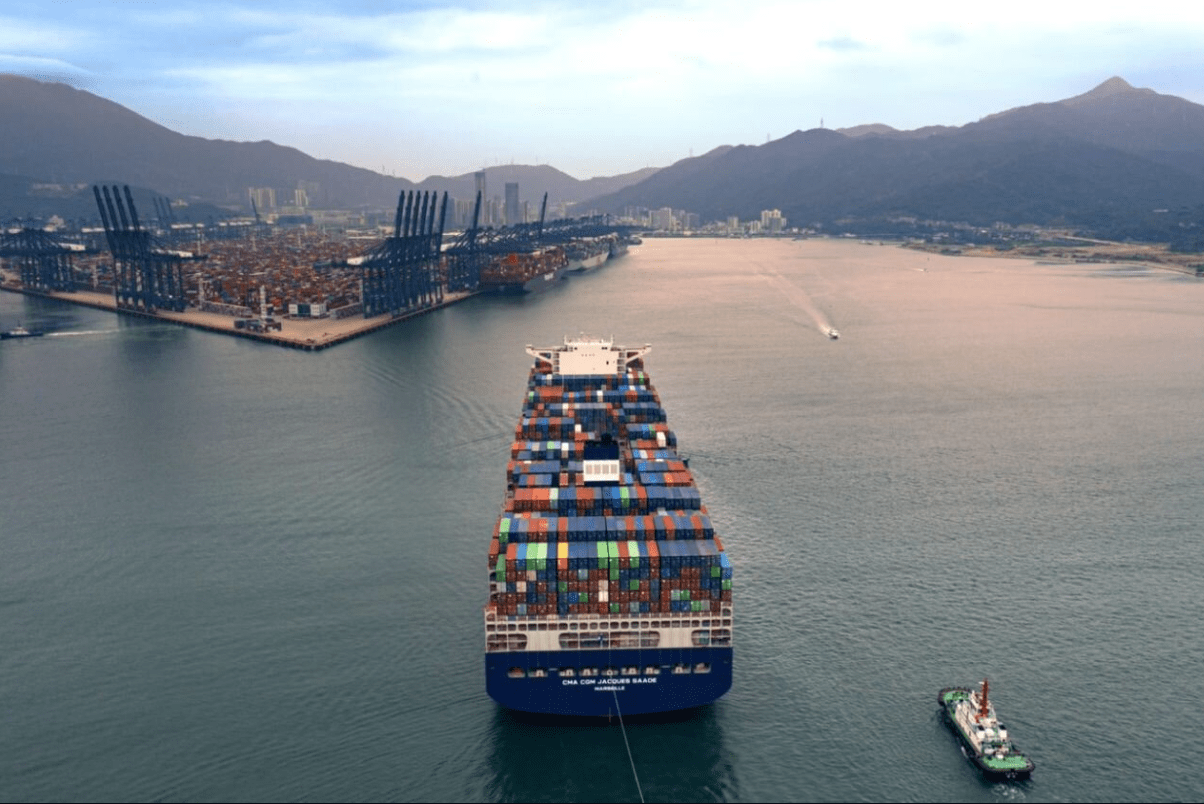Logistic

Riyadh Metro to kick-off first phase of operations on November 27
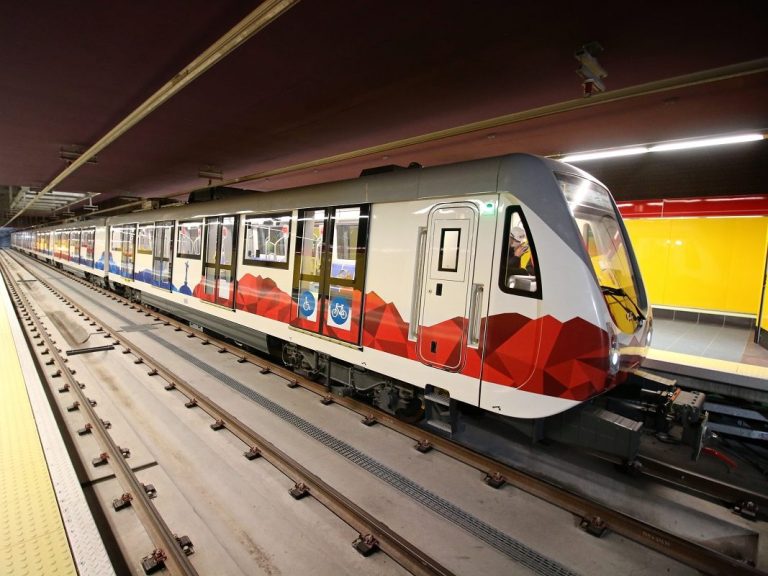
The Minister of Transport and Logistics in Saudi Arabia, Saleh bin Nasser AI Jasser, mentioned a few months ago that the project is in its “final stages” and is currently undergoing testing.
The Riyadh Metro stands as a flagship initiative under the Kingdom’s Vision 2030, which aims to diversify the economy and modernise infrastructure. By significantly reducing car dependency and alleviating traffic congestion, the metro is set to position Riyadh as a global trade and commerce hub while fostering sustainable urban growth.
Once fully operational, the Riyadh Metro will cover 176 kilometres across six colour-coded lines and feature 84 strategically located stations. It will be the largest metro project ever completed in a single phase, capable of accommodating up to 1.2 million passengers daily in its initial phase, and more than double that once fully operational.
The initial phase will connect three critical routes:
Blue Line (Line 1): Connecting Al-Olaya, Al-Batha, and Al-Hayer roads over 38 kilometres.
Yellow Line (Line 4): Running along King Khalid International Airport Road, spanning 29.6 kilometres.
Violet Line (Line 6): Linking Abdulrahman Bin Awf Road and Sheikh Hassan Bin Hussain Bin Ali Road, working out 30 kilometres.
By mid-December, three additional lines will join the network, providing access along King Abdullah Road, Al-Madina Road, and King Abdulaziz Road, further boosting coverage and capacity.
Four main stations—King Abdullah Financial District (KAFD) Metro Station, Qasr Al-Hukm District Station, STC Station, and Western Metro Station—will serve as vital hubs for commuters. These stations, particularly the Zaha Hadid-designed KAFD station, boast modern architectural designs, underground parking, and amenities such as cafes and retail outlets, ensuring a seamless transit experience.
Aligned with Riyadh’s environmental goals, the metro incorporates cutting-edge sustainability features. Solar panels at stations and depots will generate 20% of the energy needed for critical systems, while regenerative braking technology minimizes energy consumption. Once fully operational, the entire metro system will run on renewable energy, cementing its role as a green urban transport solution.
Initially approved in 2012, the project faced delays due to logistical complexities and the COVID-19 pandemic. Despite these hurdles, its imminent launch signifies a triumph for Saudi Arabia’s urban development efforts.
Authorities are set to announce ticket pricing and discount packages shortly, aiming to offer competitive rates to encourage widespread adoption.



